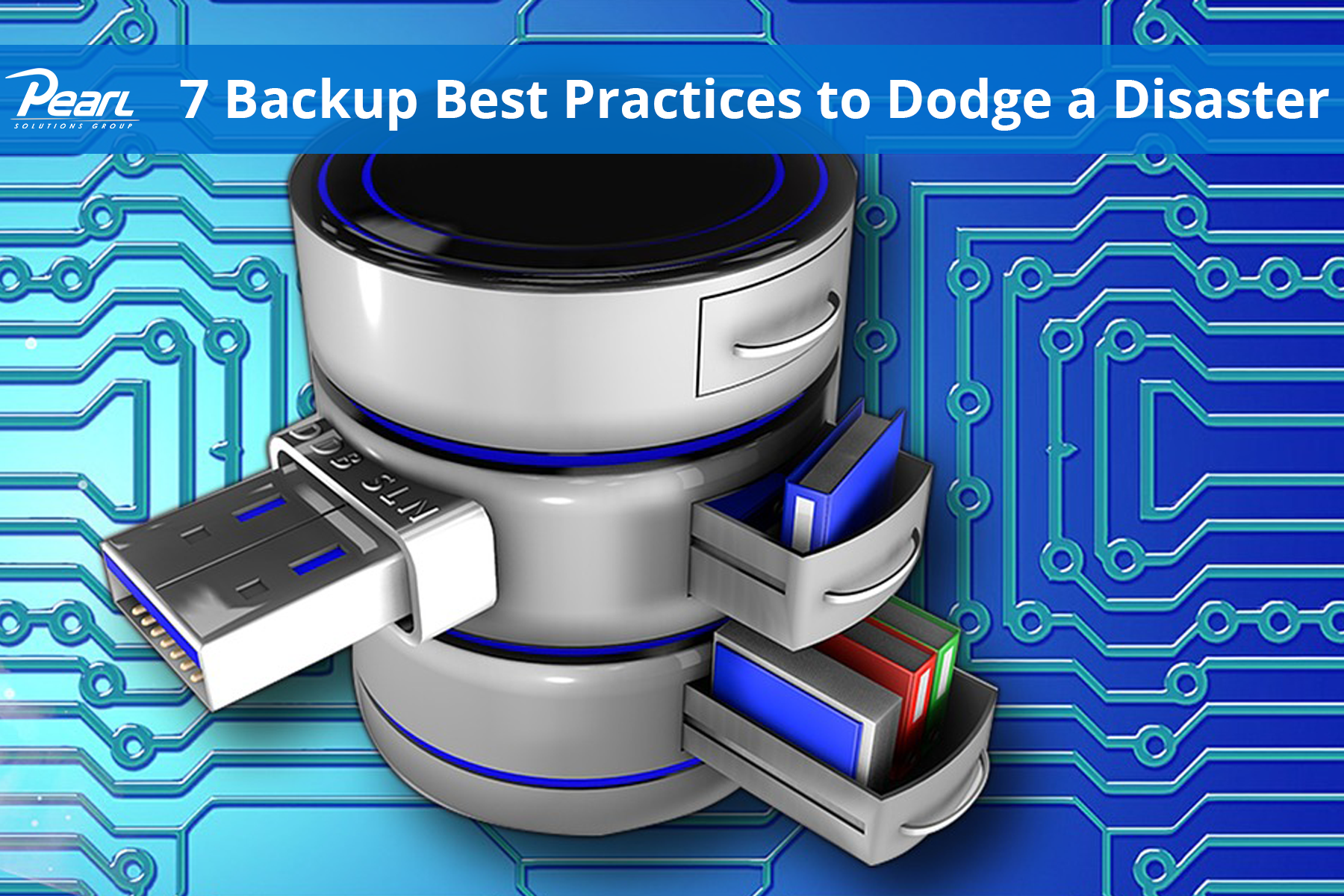Ransomware attacks are more common than ever, especially at smaller companies. That’s because small companies make easy marks for hackers. The average small business is much easier to hack than high-value, heavily fortified targets like banks and big corporations. According to Time magazine, cybersecurity experts estimate that several million attacks occur in the US alone every year. And that figure is climbing. So how can you make sure you minimize the damage of a ransomware attack or other data disaster? One sure solution is having a solid backup plan in place. When all your data and applications can be duplicated, you have plenty of options in the event of an attack. Here are seven backup best practices to dodge a disaster:
- Insist on regular, remote, and redundant processes. A good rule of thumb is 3-2-1. That means three copies of your data are stored in two off-site locations and backed up at least once per day.
- Don’t cheap out on disk drives. Less expensive arrays that save money can leave your data at risk. Get features like a redundant power supply and hot spare disks.
- Guard against human error. Make sure people doing backups know exactly what to do. Take people out of the loop and automate wherever possible. And watch for situations where backups aren’t a part of someone’s regular duties.
- Check backup software settings routinely. When new software or updates are put into service, a change in the way the settings are configured can cause incomplete backups or backups that fail. Do the people who maintain your backups include this on their regular to-do list?
- Make sure critical files aren’t getting left out. As resources are added and priorities shift, documents and folders can get misplaced or accidentally left off the backup list. Insist on a quarterly or annual meeting with your backup management team to make sure all mission-critical files are included in your organization’s data recovery systems.
- Address network issues immediately. Any component in your network that isn’t working properly can introduce another point of failure in your backup process. Every juncture in your network, from a misconfigured switch to a flaky host bus adapter, can hurt your backups.
- Ask for help with your data backup and recovery system. You cannot be expected to be an expert in all things. Yet data is the backbone of your business – its protection and recovery should not be left to chance. Leverage the knowledge, skill, and experience of an expert who stays current with all the latest IT issues.




